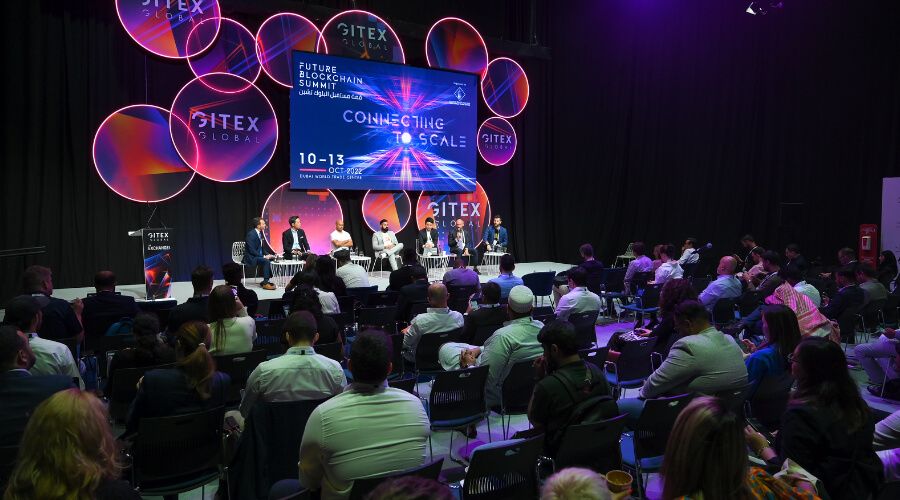Wamda's roundup of Expand North Star

For the first time, the startup section of Gitex, Expand North Star (ENS), was split from the main event causing confusion among some and a relief for many across the city of Dubai, who having seen the traffic of the “world’s biggest tech event” last year, were happy for the two events to be far apart from one another.
According to the organisers, more than 1800 startups exhibited at ENS, while 1000 investors from across 65 countries attended. Most were after one thing - money.
Startups generally have been struggling. The rise in inflation, interest rates and geopolitical uncertainty have exacerbated the slowdown in deals and investment. Globally, investment in startups in the third quarter of this year is down by 15 per cent, while in the Middle East and North Africa, it has fallen by 67 per cent when compared to the same period last year.
Yet the perception that money is thriving and readily available in this part of the world holds strong among the global community. Investors from across the world were in attendance, hoping to find and secure new limited partners (LPs) for their funds.
The sense of desperation among the startups was more apparent this year when compared to previous years. They need funding not just to pursue expansion plans, but to survive. This was the sentiment across the board at ENS. In a small survey conducted by Wamda, more than half of the startups said they are planning to raise investment while 76 per cent said their biggest challenge going into 2024 is raising investment.
The issue of funding was brought up several times in panels and talks at ENS, with the likes of Saurabh Garg, co-founder of India-based proptech NoBroker, who has managed to raise $360 million, advising entrepreneurs to be persistent and resilient. Drawing from his own experience of receiving 100 rejections before securing his first cheque, entrepreneurs need to focus on building and developing their product and proving its use case, he said.
Meanwhile Corey Thomson, executive vice president at UAE bank Mashreq, acknowledged the slowdown in investment, driven by higher interest rates. He made the case for venture debt for startups in need of funding. He also believes that moving forward there will be more partnerships between startups and corporates instead of direct investment.
Another big topic that drew much focus was artificial intelligence, especially generative AI. Across the different stages of Fintech Surge, The Future Blockchain Summit and Marketing Mania, sub-events of ENS, artificial intelligence and its impact on all aspects of business was frequently brought up.
In a fireside chat with Ronaldo Mouchawar, vice president at Amazon Mena, and founder of Souq.com, which was acquired by Amazon, the impact of AI on e-commerce can be used for hyper personalisation while also allowing the online retail giant understand how to place items on its homepage to better drive sales. When asked how we would approach generative AI if he were still heading up an e-commerce startup, Mouchawar drew from his experience of the rise of mobile phones. He hired a team to look solely at mobile commerce, but eventually put a mobile expert on each individual team rather than keep them in silo. The same approach should be applied with AI, he said.
Whether splitting ENS from Gitex physically was the right thing to do remains something for the organisers to decide. Some startups, with more B2B solutions, felt they would have had more luck and traction had they exhibited at the main Gitex in Dubai World Trade Centre. The two events draw similar, but different crowds and perhaps it might be best to have ENS as a standalone event with presence from some of the bigger tech companies too.


